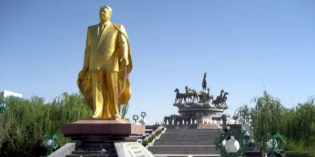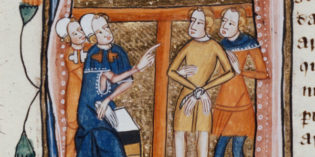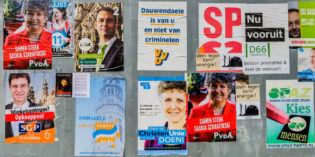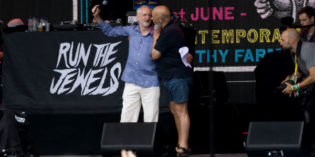Elections and electoral systems

Why has Turkmenistan’s despotic president created the characteristics of a democracy?
The incumbent President of Turkmenistan, Gurbanguly Berdymukhamedov, was duly elected in February with almost 98% of the vote. But why did a man with such a firm grip on power – he has ruled since 2007 – bother to hold elections at all? Why take the risky step of allowing other candidates to run and […]

Votes at 16: we need a proper conversation about when adulthood begins
The vexed question of whether people should be allowed to vote from the age of 16 has returned to the Commons with Jim McMahon MP’s Private Member’s Bill. Many argue – citing the Scottish independence referendum – that it would provide a democratic stimulus. Yet the evidence for that is lacking, say Andy Mycock (University of […]

Canvassers tend to seek out people who are like themselves, and that’s not good for political participation
Petition canvassers play an important role as political recruiters by introducing citizens to political issues and seeking their support. But not much is known about how these canvassers decide whom to recruit or about their methods. Research by Clayton Nall (Stanford), Benjamin Schneer (Florida State University) and Daniel Carpenter (Harvard) proposes a model of political recruiting […]

What happens when a strongman dictator creates his own political party?
Around 40% of dictatorships are headed by a strongman ruler: Gaddafi in Libya and Idi Amin in Uganda were obvious examples. Erica Frantz (Michigan State University) finds that these regimes are more likely to democratise if their leaders create their own political parties. Most do this in order to reduce the risk of a military […]

Book review | Guilty Men – the Brexit Edition, by Tim Oliver
Brexit is as big and dangerous a mistake as that of appeasement in the 1930s. So argues Cato the Younger in his book Guilty Men: Brexit Edition, reviewed here by Tim Oliver. Taking up the pen of his great grandfather, whose 1940 book of the same name destroyed the reputations of those responsible for appeasement, Cato the Younger is no […]

Referendum campaigns end up convincing voters that their preferred party is right
When people are deciding how to vote in a referendum, do they take their cue from party loyalty or by listening to the debate and making up their own minds? When Céline Colombo (University of Zurich) and Hanspeter Kriesi (European University Institute) analysed two Swiss referendums, they found that voters do pay attention to the arguments. But during […]






 Democratic Audit's core funding is provided by the Joseph Rowntree Charitable Trust. Additional funding is provided by the London School of Economics.
Democratic Audit's core funding is provided by the Joseph Rowntree Charitable Trust. Additional funding is provided by the London School of Economics.